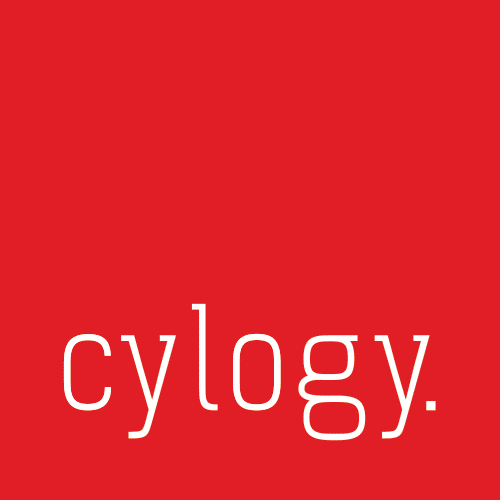Here’s our view of five essential qualities and factors that help make a great project team.
1. Diversity
There is now a plethora of research that shows the power of diversity in driving performance, profitability, innovation and more. Diversity brings power to projects teams too. When you have a diverse set of backgrounds, perspectives, experiences, roles and demographics it means you have a wider set of knowledge, skills and approaches to draw upon that can really be that “special sauce” to deliver strong work and also navigate the challenges of projects. Different perspectives and frames of reference also help drive good collaboration, innovation and problem solving, as well as increase collective and individual learning across the team.
2. Strong communication
Good communication is essential within project teams. Successful project coordination, avoiding misunderstandings and harmonious relationships are all fed by good communication and need to be at the center of the project. Here it really helps to have clarity over communication channels and methods, the use of effective digital tools, and a culture of transparency to make everything as smooth as possible.
3. A great project manager
Every great project team needs a great project manager. They are absolutely critical to project success. This is evident when you list the roles and responsibilities of a typical PM; they are the person who drives forward progress and keeps people sticking to timelines, they often facilitate team communication and dynamics, help unblock issues and more.
While the PM is undoubtedly the linchpin for the way the team operates, in our experience a PM also fulfills extra roles including helping drive morale and energy, navigating work and stakeholder politics, and just going the extra mile. This is sometimes the difference between a good project manager and a great project manager.
4. The wider team
When most of us consider project teams, we think about the core project team; the ones who are on the calls week-in and week-out, attend the stand-ups, have tasks assigned to them on the project plan and so on. But in reality, digital projects often involve a much wider group of people who make important contributions. The involvement of individuals within this wider group can be anything from very involved to pretty minimal, but everyone plays their part.
Typically, this wider group may involve functional specialists and subject matter experts who give expert input into your design or build. It can also involve stakeholders who need to approve a decision or who just need to be informed of progress. It may also involve groups of users or power users involved in testing or in research. When considering the composition of a core project team it always helps to consider this wider group. Are there people you can draw upon that can help to drive project success?
5. Perseverance and flexibility
Sometimes projects go wrong, and things just do not go to plan. Perhaps there was an unexpected issue, a dependency that was not identified, an unavoidable rescoping, timelines that couldn’t be met and so on. When projects go wrong it is often when the true strengths of project teams really emerge. Elements such as technical knowledge and smooth communication are important, but when things aren’t going to plan, the team needs to draw on different qualities. Here team dynamics are also important, because how some members feel can heavily influence the other members.
Perseverance and persistence are essential qualities for teams. When there are a lot of setbacks it can be very frustrating; some projects can really feel like you’re in it the long haul. Here the ability to keep on going (and trying) should never be underestimated. We’ve always found adaptability and flexibility are also just as important. Sometimes you need to take a different approach or view to overcome hurdles, this requires flexibility from team members to try elements or undertake activities that weren’t necessarily planned. There are other associated qualities here such as creativity and being open-minded. When there are problems, the best teams are galvanised to keep on going and make things work.
Building great project teams
Great project teams make all the difference and it’s worth spending time to try and put your best team together. We’ve listed some of the elements that we find make a strong project team. What have you found works for you?




